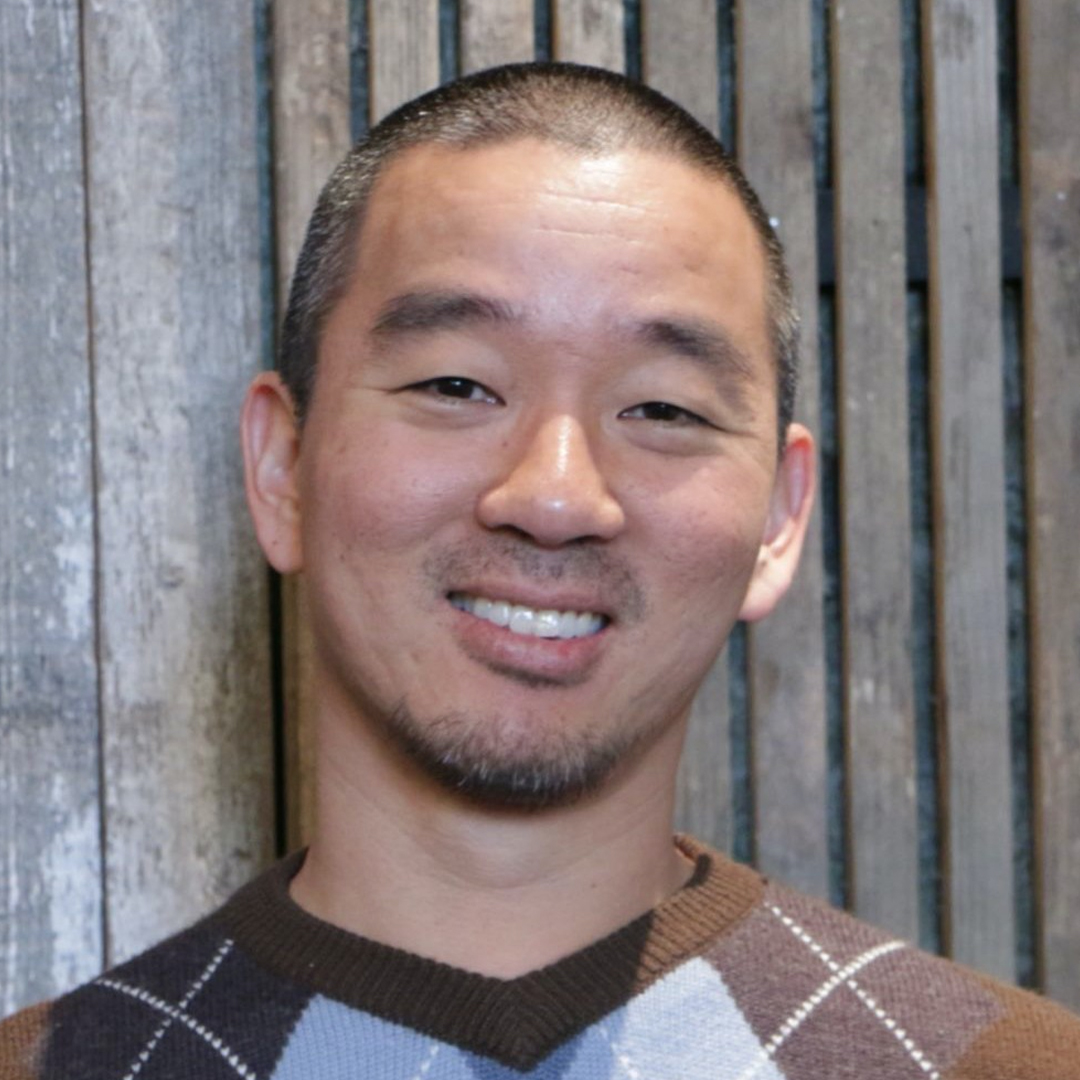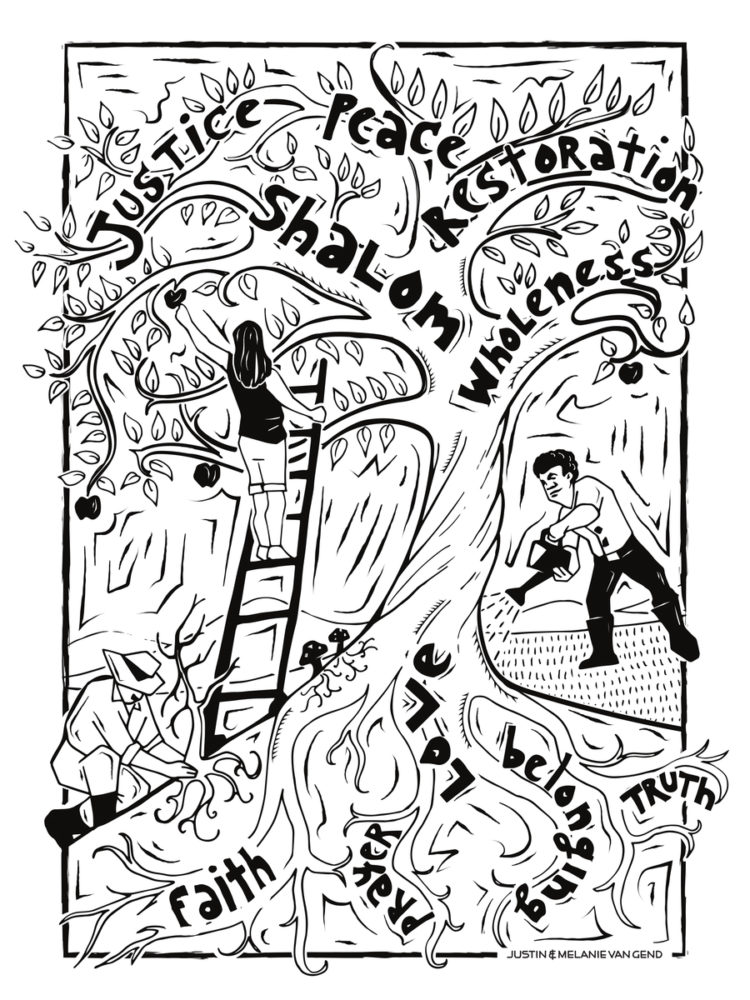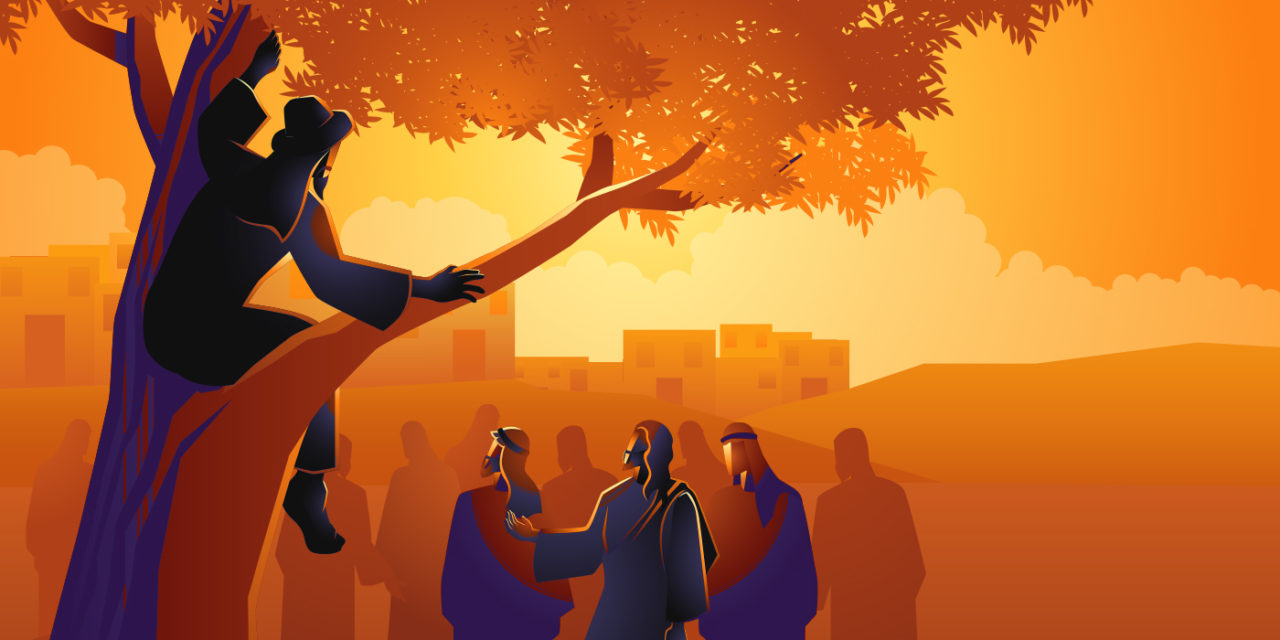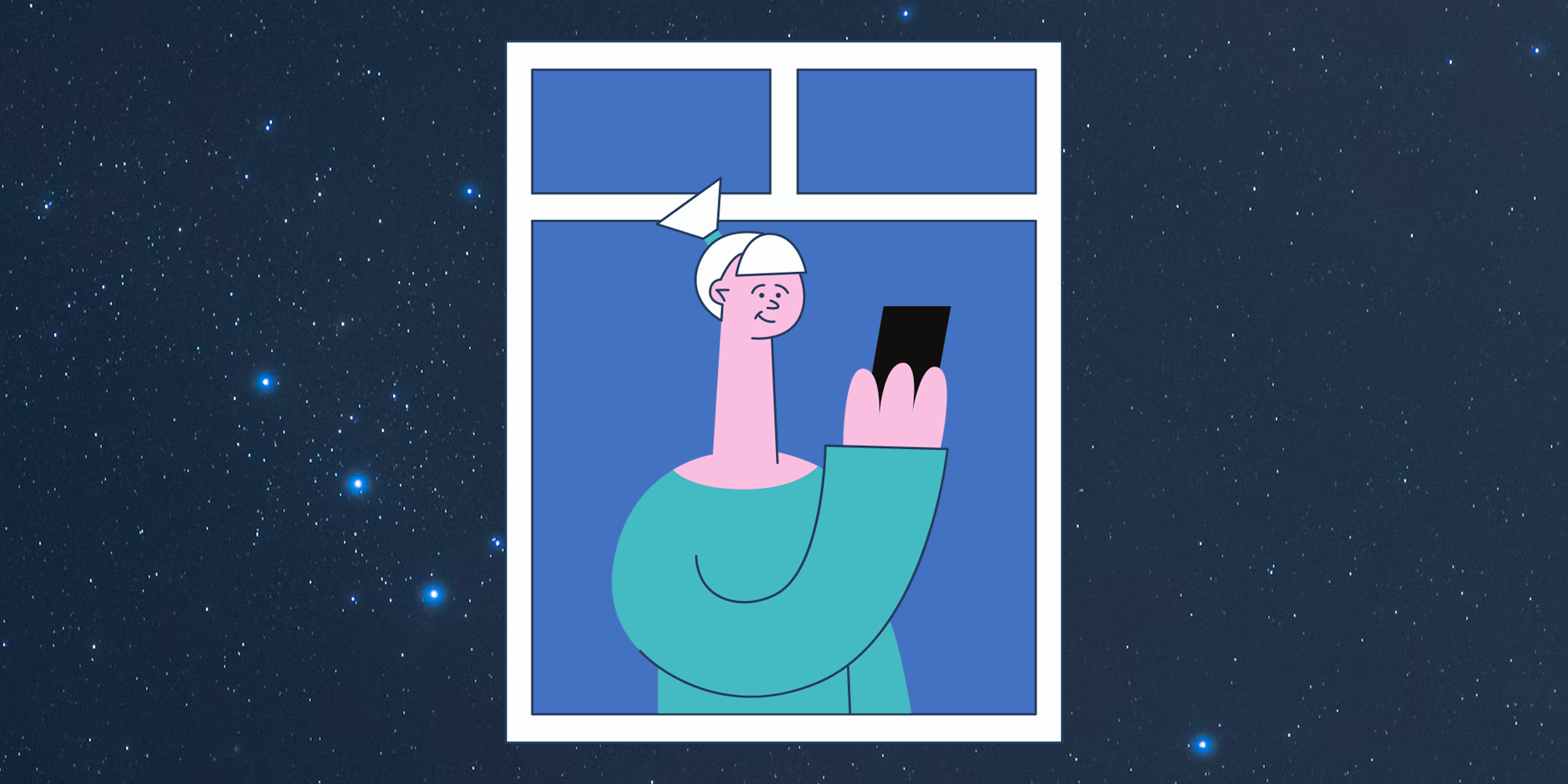
Peter Chin
“Zacchaeus was a wee little man
And a wee little man was he.
He climbed up in a sycamore tree
For the Lord he wanted to see.”
When you think about it, as children’s songs go … that is pretty accurate!
But what many of us fail to recognize is that Zacchaeus was also a force of generosity and justice. It tells us in Luke 19 that Zacchaeus had become wealthy as the chief tax collector of Jericho, a prominent city of the time with access to spring water, a priceless commodity in an arid land. Zacchaeus offers to give half of that great wealth to the poor. For comparison, the richest man in my city happens to be Jeff Bezos, the second wealthiest man in the world. If he were to give away half his wealth at this moment, that would be $91 billion, more than the gross domestic product of most nations! Can you just imagine the transformative effect that would have upon a city?
Zacchaeus doesn’t stop with this act of laudable generosity — he is willing to pay restitution. He tells Jesus that if he has cheated anyone out of anything (which is quite likely given that graft was common practice for tax collectors), he is willing to pay back quadruple the amount that was stolen. He will actively make right what he has done wrong — or in other words, he pursues justice. This is the bigger story of Zacchaeus: yes, a wee little man, who becomes a transformative force of generosity and justice in the city of Jericho.
Even as we recognize this overlooked facet of Zacchaeus, we should not lose sight of what motivated him to such acts of humility and sacrifice. It wasn’t innate, as if he was born with a soft heart and predisposition toward compassion and fairness. After all, this was the same man who had unfairly amassed great wealth at the expense of others, collecting taxes on behalf of the empire that occupied his own homeland. Neither was it the disapproval and shaming of the crowd, which would have been nothing new to Zacchaeus as tax collectors were spiteful figures in that context. And I’m fairly certain it wasn’t an ancient podcast or popular trend that inspired him, the ancient version of Warren Buffett’s “Giving Pledge.”
It was love.
Before Zacchaeus performs even one good act, Jesus extends unconditional grace and hospitality to him. He sees Zacchaeus and calls him by name, and bestows upon him the honor of hosting Israel’s (and the world’s) Messiah, an honor that causes Zacchaeus to come leaping out of a tree with joy. Jesus sees him! Jesus knows him by name! Even better, Jesus wants to spend time with him, a tax collector! In light of this great gift of grace, his material possessions mean nothing to him. He gives freely to the poor because he has found a treasure far greater in worth. He can admit he has done wrong because he has discovered that even when he was wrong, Jesus loved him. Instead, he wants to make things right as a means of worship and adoration. Zacchaeus’ deeply sacrificial and transformative acts of generosity and justice are rooted in an even deeper source: the grace and love of Christ.
This is a perfect picture of the relationship between love and justice — not separate concepts that have little intersection with one another, but two aspects of one idea, two sides of a single coin. For far too long, we have falsely separated one from the other, seeing love as a spiritual reality and justice as a more concrete dynamic. One belongs firmly in the purview of the church, the other, not so much. Sadly, far too many of us have been indoctrinated to see these ideas in this way.
But the story of Zacchaeus illustrates that this is a false dichotomy, for at its best, each of these truths flows naturally into one another. Love naturally inspires us toward justice — after all, how can we love someone and, at the same time, be content with their maltreatment? What kind of love is that? Love also shapes our pursuit of justice, ensuring that the goal of justice is not retribution and punishment, but redemption. Justice gives our love movement and action, preventing it from becoming mere charitable sentiment and nothing more. The pursuit of justice requires love, for how can we run the long and arduous race toward justice without drawing from the endless wellspring of God’s love?
Such a balanced and interconnected vision will not be easy to follow as we have few models to follow. The world will tell us that shame is the best motivator for righteousness in the world, that calling out and canceling those who have made mistakes will transform them into better people, even when it has failed to do that in ourselves. Sadly, this balance is sorely lacking in the church as well. The church has long looked with skepticism at any acts of justice, blithely labeling them as worldly endeavors. We have refused to lead on issues close to God’s heart like racial justice, while also refusing to humbly learn from those who have taken that mantle instead.
Despite these challenges, this is our calling as well as our heritage. We are followers of Christ, who taught us that to love our neighbors is not only to think fondly of them, but to be ready to bind up their wounds at the cost of our own wealth, even if that person were considered our enemy. This calling is also our theological heritage as admirers of John Wesley and B.T. Roberts, who loved Christ so deeply, but also the poor, the slave, and the outcast.
And it is a balance that we can become better at navigating with conviction and commitment. Rainier Avenue Church, a Free Methodist Church established in Seattle in 1904, has pursued a similar approach that we call “Justice and Spirituality.” Through this vision, we constantly explore and celebrate the innumerable points of connection between the classic aspects of Christian spirituality and God’s calling to justice. And over the course of years, we have discovered that these two themes, so often cast in opposition to one another, are complimentary, strengthening each other. We are finding out that with time, effort, and commitment, that we can merge these two perspectives into the greater whole that they were intended to be, and we are better for it.
Lastly, we have our God, with whom nothing is impossible. We have the Holy Spirit, who lives and breathes in us, empowering us to preach and live out the gospel in word and in deed. We have the Father, who embodies both uncompromising justice and unquenchable love. We have the Son, our Lord and Savior Jesus, whose love for humanity was not mere sentiment, but took real and concrete form in the cross. And we have one another, our Free Methodist family, born with our roots steeped in both revival and abolition, in the proclamation of freedom for our spirits and from chains at the same time. Let us cleave to these roots as we pursue love and justice together.+

Justice & Spirituality Artwork (Justin and Melanie Van Gend)










